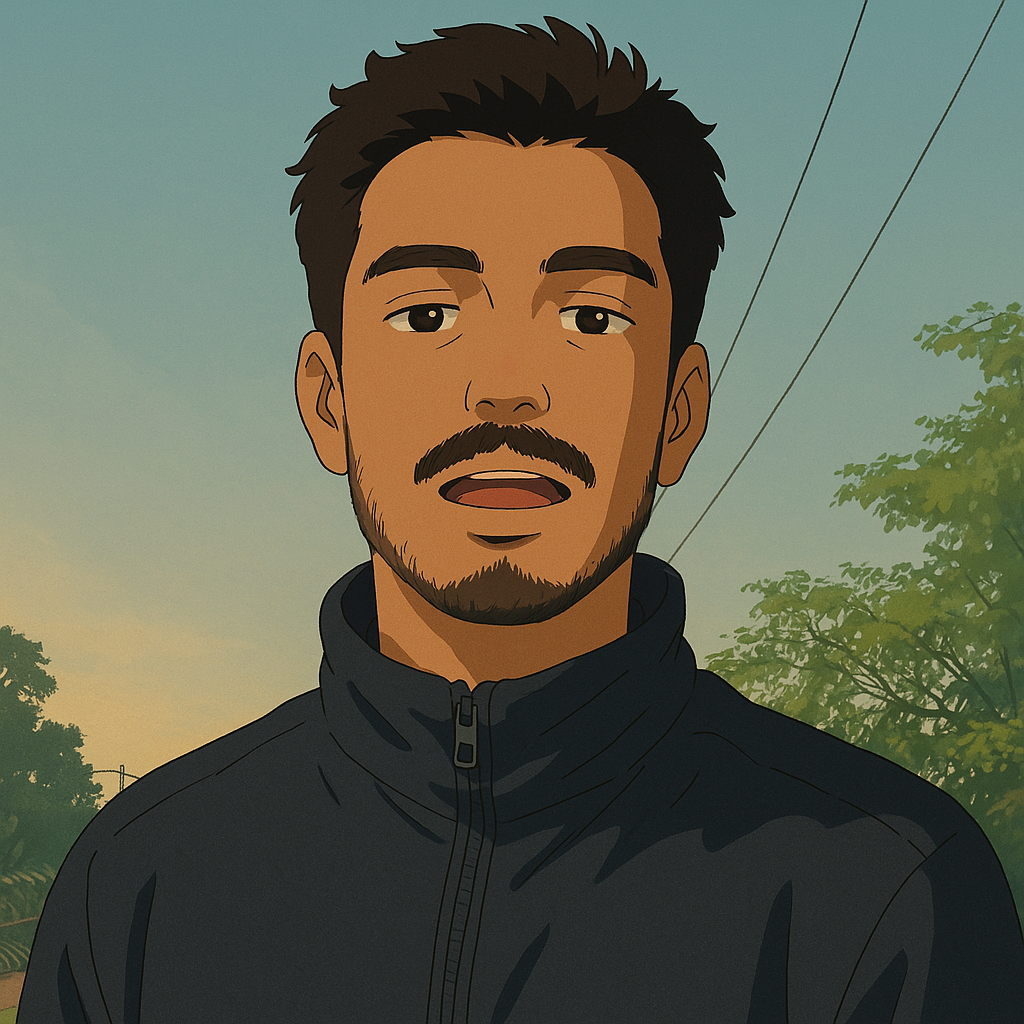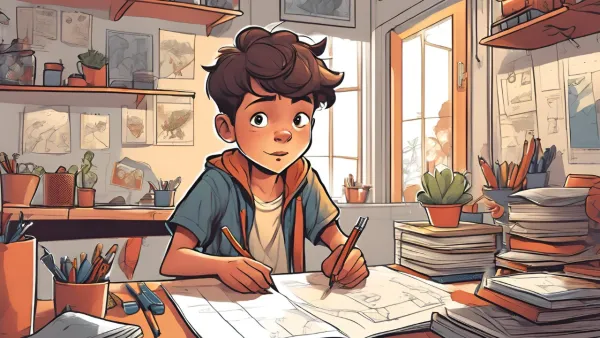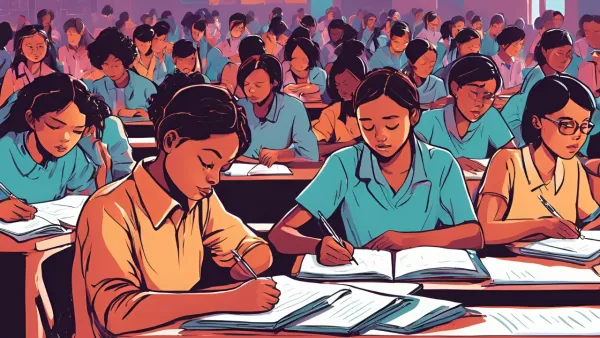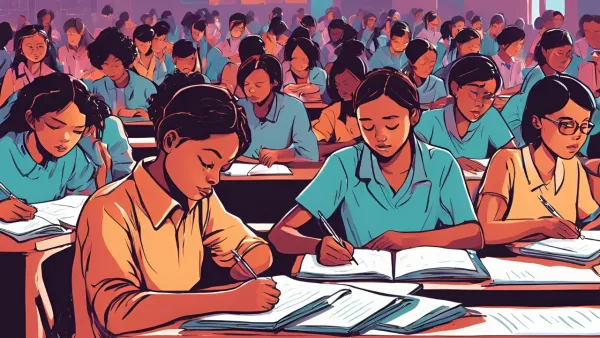Reflecting on My Life: Remembering the past
Here is Chapter 2 of my story, where I have shared how things were in the past.

It’s hard to accept but sometimes we all make mistakes (Part 2).
Every time something changes in our lives, we keep remembering the past. Whether the new thing is good or bad for us, we constantly compare it with the old.
The same goes for life: people often compare their present life with their past, reminiscing about how happy they were and how everything used to be good.
This constant comparison prevents them from thinking about the present and keeps them stuck in the past. I experienced this very early, and today I fully understand it. It doesn’t matter how happy we are today or how many things we achieve in life; we all have a past that includes both bitter and good stories. I have those same stories with me.
I may not have talked about those bitter experiences in the first part because the beginning should always be good and happy. It doesn’t matter what happens in the end.
I have shared how my life started and how I remember my childhood, but it could have started earlier. There are still memories I can’t recall; no one can remember everything. We don’t know the tales about our early years because we were just born. As we grew up, we began to recognize faces, learn who our mother and father were, and understand how many people were in our lives. We remember who used to hold us, what our first words were, how we used to poo in our diapers and other similar stories.
No one hardly remembers these stories, we only get a glimpse of these stories from others and feel good about them. Also, one thing I understand in my life is that no one tells us the bad stories they only tell us the good and funny ones, they never tell you, what life was like, how was other people during that time, is you treated well, are everyone happy because you were born or some people were sad. No one tells you all that, these things you only get to learn from your mother or someone who is really close to you and ready to tell you the truth.
I learned about all these stories later in life: what life was like during the 90s in Indian villages, how people used to treat women, how everything was done, and the family politics that existed. Joint families were large, often with more than 20 single family members.

Families used to look like this, and mine was so big it had more than 300 members over the last four generations. It was just a full family packed with people. Many families in India are probably like this.
Most of the stories I heard from people were good, but there is one common issue, which I think is global: how women were treated in the past.
Women often lacked opportunities in old families, were not allowed to speak up, and faced many other types of restrictions and challenges. My mother conveyed that women are often mistreated by other women.
We all know how the saas-bahu (mother-in-law, bride) dynamics work and how family politics can deter new women in the family. My mom experienced the same. If a woman’s husband is away, she is often mistreated in the family, and if he is dead, things can get even worse.
Half of the world will agree with this because, no matter where you go, people are often the same. Single women in the past were not treated with dignity. My mother was strong from childhood, so she faced all the challenges, but other women in the family experienced the same mistreatment. Even today, in many Indian families, daughters and wives don’t have much privilege. Some people may have started treating their wives better, but many still follow the old norms.
It’s not just society treating them badly; it’s often their own family members who treat them poorly. This is quite common, and sometimes these women get mistreated specifically because of other women in the family.
I don’t have all the stories to share because my mother never shared them with me. She said, “Whatever happened in the past stays in the past.” The stories I do have are from my mother’s sister, who is also a courageous woman. She was never afraid of anything and used to tell me about how people, my family, and her own family were in the past.
All these stories explain why our parents keep talking about their struggles, even though we hardly see any of those struggles because we weren’t there. They feel justified in sharing their experiences, and at some point, we all fail to understand them because we aren’t capable of fully comprehending their situations and how they managed to provide for us.
Things are different for everyone: for some, things are tough, for others, they are tougher, but everyone faces some sort of struggle because of the people around them. Today, we see nuclear families, and the primary reason for that is disputes within larger families.
The struggles of mothers in India can never be repaid, and every child carries that burden. The same society that forces mothers into these struggles often tells us, “You need to see how much your parents have done for you.” How ironic and poisonous that is.
In March 2007, we decided to move to Bikaner, Rajasthan. Before that, I was studying in Agra, my hometown. After moving to the new place, I was curious about everything. It was all new, so I was neither happy nor sad. Most of my days were spent inside the house because we initially lived in a rental house until my father got the government apartment, which was delayed due to some official reasons.
This wasn’t the first time we joined my father on his postings. After my birth, my mother and I went with him to his posting in Patna, Bihar. During my second grade, we went to the Nagaur district of Rajasthan, and during my junior years, we were in Jammu. After Jammu, we came back to Agra, and then we moved to Bikaner. I have faint memories of these places, but I remember them and will include them separately.
These postings were one of the reasons for my frequent school changes and delays in my studies. Now, the Bikaner posting was around 7–8 years to my mom decided that my studies were going to be stable after this so she decided to join along.
After 15 days in Bikaner, we got the government apartment and were ready to move in. Before moving into the new house, we cleaned the apartment.
One more thing: back in 2000, my parents had another child, my brother Krishna, who is 5 years younger than me. So, we are a family of four.
Now that we got the apartment, we moved in after 15 days. The first priority was to get admission to a school. Since my brother had been studying in Kendriya Vidyalaya from the first grade, it was easy to get him admitted because Kendriya Vidyalaya allows school transfers. For me, it was a challenge because I had been attending a local school, so I had to appear for an entrance test.
My parents decided to get me into an APS (Army Public School), and my entrance test was scheduled for August. As I mentioned before, I was weak in English, and the entrance test was in English because APS is an English medium school. So, I had to appear for tests in three subjects: English, Math, and Science.
On Wednesday, August 1, 2007, I appeared for the entrance test. My invigilator was Dhaniya Ma’am, an English teacher. She was a very kind person. She noticed me sitting quietly during the exam and came over to ask, “What happened?”
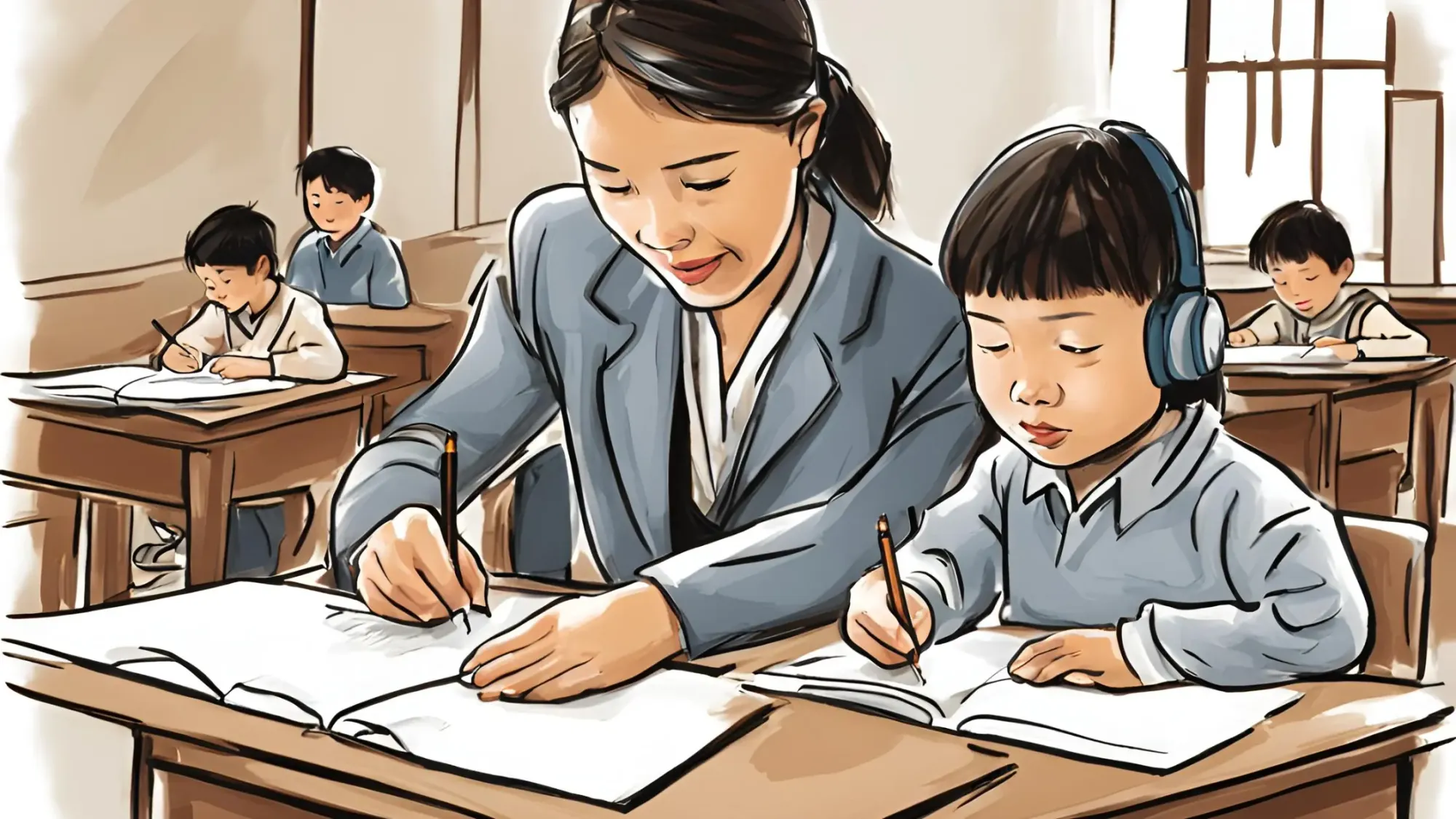
I said, “Ma’am, Mujhe to isme kuch nahi aata hai” (I don’t know anything in this test).
Ma’am asked, “Q kya hua, apne pehle kahin padhai nahi ki hai?” (Why, what happened? Haven’t you studied before?).
I replied, “Haan, ki hai ma’am, lekin question ka Hindi mein meaning bata do aap mujhe.” (Yes, ma’am, I have, but please tell me the Hindi meaning of these questions).
Ma’am understood my problem just by listening to my words and immediately started explaining the questions to me. I began solving the questions. I completed both my Science and Math papers and a few of the questions from the English paper because she only helped me understand the questions.
After the test was over, I came back home. My mom asked me how the exam was “Honestly I feel this is the hardest question on the planet”, and my father was sure that I wouldn’t be able to clear it because he knew I was behind in my studies and not good at English and exam was in English.
One week later, my result was going to be announced. It was Wednesday, August 2007, and in the morning, my mom reminded my father that today was the result day and he should go and check it. My father, tired from work, said, “He will hardly clear the test because he doesn’t know English, and the test was in English.”
My mother insisted, “Either you go, or I will go myself.” Reluctantly, my father agreed, “Okay, I will go.” That morning, we both went to the school. It turned out to be one of the happiest days for us. I had cleared the exam, and Dhaniya Ma’am told my father, “He is very weak in English but good in Science and Math.”
My father was surprised, and so was I. He immediately enrolled me for admission. We got my new books, a new bag, a new uniform — everything new. We came back from school around 3 PM.
At home, my mom was worried because, back then, there were no phones. We only had one cell phone, a Nokia 1600, so we couldn’t call her. She was nervous and worried about what could have happened.
The moment she saw me with the big bag and books, she was very happy. She looked at my father, and maybe through her eyes, she said, “I told you.” Then she said, “Mujhe lag raha tha iska ho Jayega” (I had a feeling he would get the admission). That’s how I got enrolled in APS (Army Public School Bikaner).
Sometimes we think that after achieving a goal we’ve set for ourselves, life is going to get easier. But the truth is, it doesn’t always get easier. We may believe that getting admission into a particular school or college, landing a specific job, or achieving some other milestone will set everything in place for life. However, it’s not always that way. Things often don’t get easier; instead, the closer you get to your goal, the tougher things become, and the more responsibilities you have.
I got the admission and thought everything would be fine, but now I had to face a lot of challenges because of the new school, new faces, and new people.
Today, many people believe that achieving a particular goal will make them happy, but this isn’t the complete truth. I’ve observed that happiness from such achievements only lasts for a moment. Eventually, things start to feel the same as they did before.
In Part 3, we will continue with small tales and explore how I learned most of the important lessons in my life.
Thanks :) Here is the part one.

